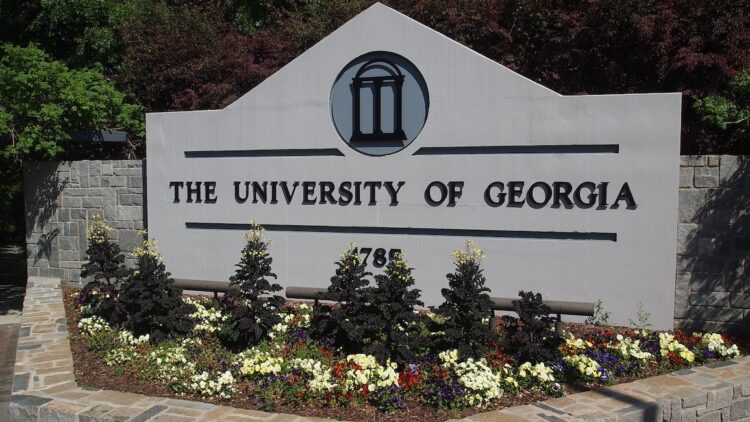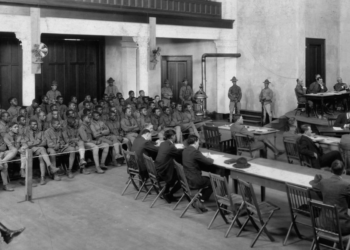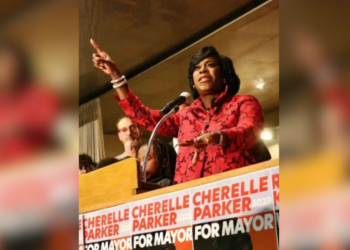Over 50 years ago, a Black community in Linnentown, Georgia, was destroyed to expand the University of Georgia. Now, their descendants demand that the university pay them reparations for their ancestors being displaced.
According to Athens-Clarke County documents, the Housing Act of 1949, a federal urban renewal program, played a crucial role in gentrifying the all-Black neighborhood. The legislation sought to transform “blighted” communities to build public housing or private commercial properties in the exact location.
The documents state that the University System of Georgia secured an “urban renewal contract” with the city to “clear out the total slum area which now exists off Baxter Street.” They then started constructing parking lots and dormitories. As payment for their troubles, the residents of Linnentown received as little as $1,450, around $12,000 today, for their seized properties, according to county documents.
Linnentown was once a thriving, self-sustained Black neighborhood full of plumbers, electricians, construction workers, beauticians and more.
Hattie Thomas Whitehead, a former resident, still shares her many treasured childhood memories in Linnentown.
“We were happy children,” Whitehead said. “It was a close-knit community in the Deep South before integration. We had a play area that the teenagers built for us. We had family Easter egg hunts. We had community baseball games. We played all over the community. Until urban renewal hit.”
In 2019, Whitehead and a group of fellow former residents and descendants of residents created the Linnentown Project to pay tribute to the community’s history and lobby the city to recognize and make amends for the loss. Kelly Girtz, Mayor of Athens, and the Clarke County Commission approved a resolution in support of the project this year.
Related Story: Charleston, South Carolina Has $3 Billion Plan To Sacrifice Black Neighborhood For Freeway
Although steps have been taken to address the displacement, some members of the Linnentown project believe that reparations should come in the form of financial payments.
Bobby Crook, a member of the Linnentown Project, says UGA should do more.
“We want money,” Crook told the Atlanta Journal-Constitution. “As a child growing up, Linnentown was always a social place. I remember coming home from school, and everybody was crying and carrying on about UGA taking our house.”
The Crooks, who got about $12,000 for their home, were the last family to leave Linnentown in 1966.
The group continues to urge University of Georgia officials to pick up their feet and make amends.









